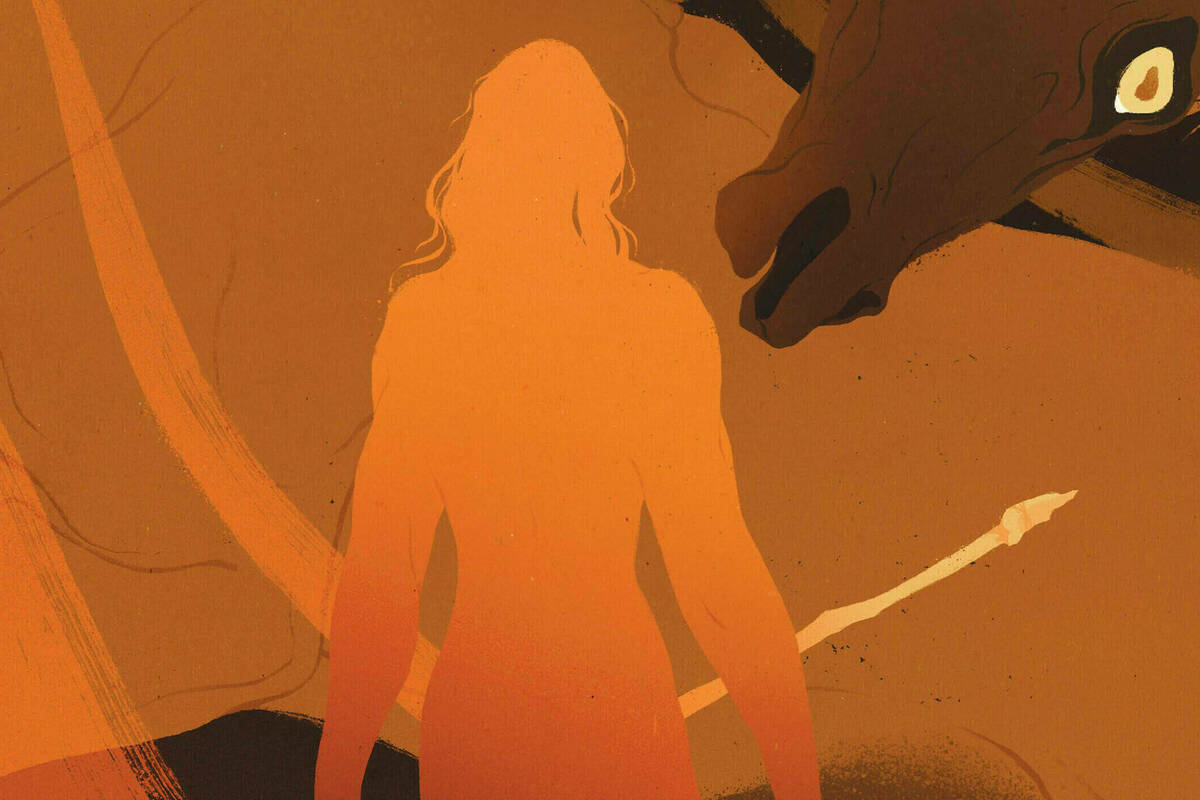


Anthropology
Assistant Professor, Anthropology; Director, Human Energetics Laboratory; Fellow, Eck Institute for Global Health; Fellow, Institute for Educational Initiatives; Concurrent Faculty, Department of Gender Studies


WNDU
Video
March 07, 2024
Cara Ocobock, Assistant Professor in the Department of Anthropology at the University of Notre Dame, explained the significance of Women’s History Month.

Wired
January 08, 2024
If this is making you miserable, it’s because you, like most people, overwhelmingly prefer hot places. That group does not include Cara Ocobock, a biological anthropologist at University of Notre Dame who is one of the scientists trying to understand how the human body adjusts to extreme cold.
Veja | Portuguese
December 04, 2023
It is thanks to Cara Ocobock, from the University of Notre Dame, and Sarah Lacy, from the University of Delaware, that they are responsible for further burying the myth of the hunting man.
Science Friday
Audio
December 01, 2023
Ira is joined by Dr. Cara Ocobock, assistant professor in the department of anthropology at the University of Notre Dame, and Dr. Sarah Lacy, biological anthropologist at the University of Delaware, to discuss the details of their findings and why the myth of “Man the Hunter” has persisted for so long.
Yahoo! News
November 29, 2023
Women have a metabolism better suited to endurance, according to Cara Ocobock, director of the Human Energetics Laboratory at the University of Notre Dame.

Fox News
November 28, 2023
Cara Ocobock, an assistant professor in the Department of Anthropology and director of the Human Energetics Laboratory at the University of Notre Dame, recently discovered some interesting facts about prehistoric women.

phys.org
November 27, 2023
By Cara Ocobock, Assistant Professor of Anthropology, University of Notre Dame.
The Ray D'Arcy Show | RTE Radio 1
Audio
November 27, 2023
Ray is joined by Cara Ocobock, from the University of Notre Dame in the U.S., a co-author of a new study which suggests that prehistoric women frequently engaged in hunting as much as men and their anatomy also made them better suited for it.
Popular Archaeology
November 21, 2023
Many years later, [Cara] Ocobock, an assistant professor in the Department of Anthropology and director of the Human Energetics Laboratory at the University of Notre Dame, found herself as a human biologist studying physiology and prehistoric evidence and discovering that many of these conceptions about early women and men weren’t quite accurate.
The Conversation
November 17, 2023
Cara Ocobock, Assistant Professor of Anthropology, University of Notre Dame.

phys.org
November 06, 2023
Lacy and her colleague Cara Ocobock from the University of Notre Dame examined the division of labor according to sex during the Paleolithic era, approximately 2.5 million to 12,000 years ago.

Wired
October 26, 2023
In her meticulous review of archaeological evidence and literature, [Sarah] Lacy, alongside her collaborator Cara Ocobock from the University of Notre Dame, found scant proof supporting this male-dominated narrative.

Earth.com
October 23, 2023
Professor Lacy, who specializes in the health of early humans, collaborated with Cara Ocobock from the University of Notre Dame, who bridges modern-day physiology with the fossil record.

Scientific American
October 18, 2023
Cara Ocobock is a human biologist at the University of Notre Dame. A former powerlifter, she explores the physiological and behavioral mechanisms necessary to cope with and adapt to extreme climates and high levels of physical activity.